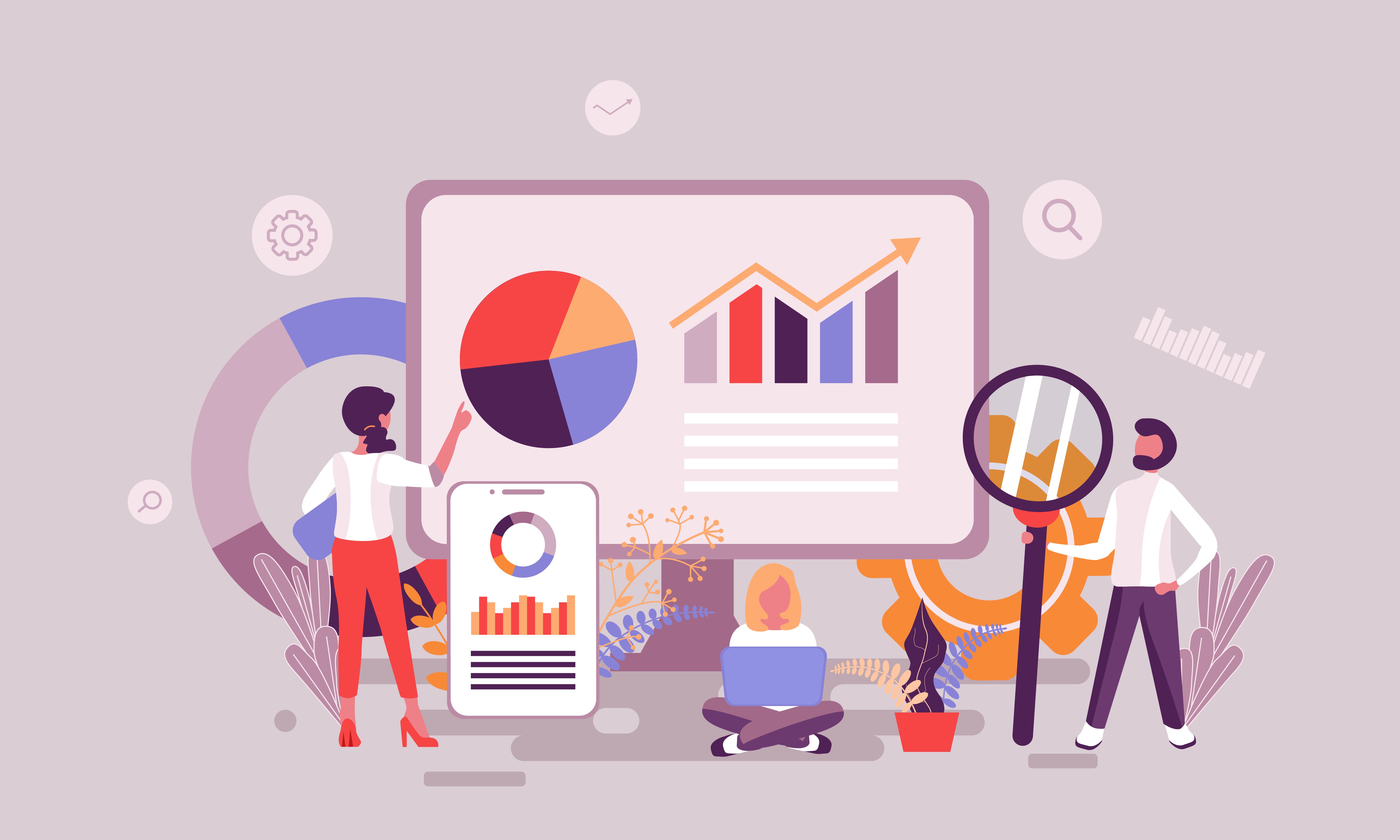
Knowledge has been historically identified by academia as one of the core factors that can create and sustain a business’ competitive advantage. Such a belief is mirrored by practitioners, as Lew Platt, Hewlett-Packard’s former CEO put it before: “If only HP knew what HP knows, it could be three times more productive.”
Rapid technological innovations and globalization have shaped the current knowledge economy that businesses are operating in. In this new economy, information that yields knowledge is placed in the very centre and thus, “competitive advantage in the knowledge economy lies in the generation, diffusion, and appropriate application of knowledge” (MOSTAFA, 2017, para.9). Organizations that know how to produce and apply knowledge to their operations, win. Knowledge provides a pro-active approach to both internal and external strategy & planning. The ability to tap into the invaluable knowledge of the market, to understand customers’ demand, market trends and predict customer behaviours will inarguably help organizations stay ahead of the industry in providing the right services & products to the right market, responding better to changes in business environments and creating more added values. Additionally, gaining knowledge of organizations’ own internal operations will offer comprehensive clues of what has been done right, what needs adjusting and where to go from here; preventing issues before they happen and streamlining operation and maintenance.
As such, analytics have become an indispensable tool to generate the sustainable competitive advantage of knowledge from the growing influx of operational and market data. With high-quality data to power analytics, organizations can open doors to numerous long-term benefits, including reducing time-to-market, saving costs and optimizing customer experiences. The importance of analytics and business intelligence has been widely recognized by organizations of all industries. A survey conducted by IDG in 2018 shows that 47% of IT decision-makers were willing to spend most of their budget increase in data analytics in the upcoming year. Data analytics has become a must-have for businesses that want to thrive in the Industrial 4.0 era. Those that fall behind in the race of data-driven innovations will undoubtedly see opportunities passed on to faster competitors and have a very hard time catching up.
While most companies want to leverage data for better decision-making, not many are successful at collecting actionable insights. According to Forrester, while 74% of surveyed companies stated their desire to be more data-driven only 29% of companies were actually good at “connecting analytics to actions” (Hopkins, 2016, para.1). Data collected for the purpose of generating actional insights must be carefully planned, processed and aggregated in order to bring the most values to the organization. The question of whether or not a business can turn its data assets into sustainable competitive advantage lies in a strategic data management strategy and an accommodating data structure, something that FPT team of data analysts and data scientists can help businesses of various industries with.
You may also interest in: Three Common Roadblocks that Hinder Enterprises’ Analytics Success
Reference
Hopkins, B. (2016). Think You Want To Be “Data-Driven”? Insight Is The New Data. Retrieved from https://go.forrester.com/blogs/16-03-09-think_you_want_to_be_data_driven_insight_is_the_new_data/
MOSTAFA, I. (2017). Competitive advantage in the knowledge economy. Retrieved from https://blogs.worldbank.org/publicsphere/competitive-advantage-knowledge-economy






























